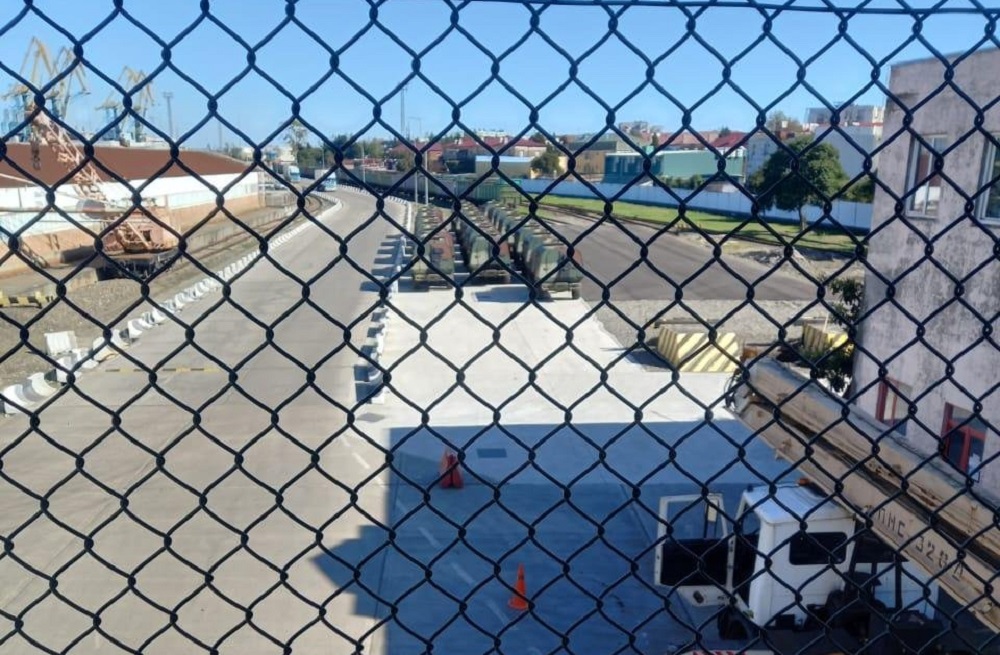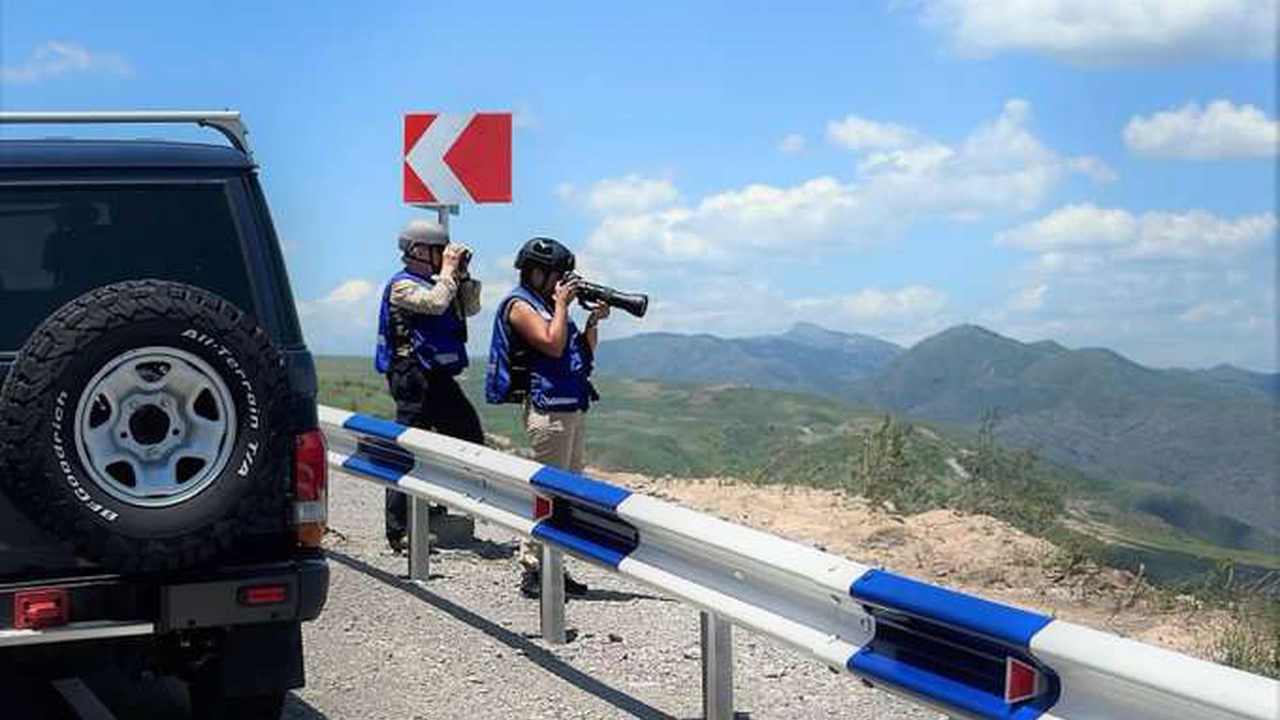Geopolitical struggle in the South Caucasus and Azerbaijan's wait-and-see attitude
Azerbaijan’s wait-and-see attitude
The negotiation process between Azerbaijan and Armenia has stopped. Official Baku refused to meet with Yerevan through the mediation of Western powers in Granada. What is the reason for Azerbaijan’s wait-and-see attitude? This question was answered by the experts of the South Caucasus Research Centre in an analysis.
- Borrel threatened Baku with “serious consequences”. Opinion on the EU position
- “Russia’s military base in Ochamchire violates Georgia’s territorial integrity and sovereignty” – NATO Secretary General
- “I want to live, raise my son”. The number of lung diseases increases in Azerbaijan after the pandemic
“Geopolitical changes in our region have recently taken on a noticeably intense character. The confrontation of big forces in the South Caucasus has moved into an open form. Each participant in these processes is making moves that correspond to its claims in the region,” the latest publication of the South Caucasus Studies Center says.
Peace appeals by Baku and Ankara
“Together with Turkey, Azerbaijan continues its political line aimed at sustainable peace in the region. Following the restoration of state sovereignty over the entire territory of Karabakh, work on the creation of the necessary infrastructure is being carried out with great speed in this part of the country and in other liberated territories. Realizing the importance of workable communications for long-term stability, Baku and Ankara prioritize regional transport projects. Both countries at different levels regularly address Armenia with appeals for peace and co-operation.”
Western intentions towards Georgia and Armenia
“The West is making moves to draw closer to Armenia and Georgia. The recommendation to give Georgia EU candidate status, despite the incomplete fulfilment of the requirements set by the EU and the agreement of official Tbilisi to use its territory for the transport of weapons from Europe to Armenia, speak of the aggravation of the geopolitical struggle in our region.
As for Armenia, Borrell’s well-known statement after the meeting of the EU foreign ministers, the expansion of the EU mission in the country, Pashinyan’s refusal to participate in the CSTO summit in Minsk against the background of direct and open shipment of arms from France show that Yerevan has accepted the conditions of the West, at least partially. It can be assumed that the Armenian side has reduced its activity in the CSTO to zero because of the guarantees received from the US and the EU, but not yet made public. But in any case, Yerevan’s turn towards the West is taking place in conditions of non-signing of the peace treaty with Azerbaijan and non-normalisation of relations with Turkey, which is quite risky for Armenia.”
Russian and Iranian response
“The current policy of Russia and Iran in our region is rather reactive in nature and can be assessed as reciprocal steps to the actions of the opposing side. In our opinion, we will not have to wait long for Russia’s response to Pashinyan’s latest decision and Iran’s response to the expansion of the EU mission in Armenia.
Regardless of what decisions will be taken in Moscow and Tehran under these circumstances, we can state that the actions of these two countries in the South Caucasus are now aimed at limiting the influence of the West on the region.”
Wait-and-see attitude
“Practical steps of local and international actors in the South Caucasus after some time are clearly reflected in the balance of forces operating in the region. Baku is now awaiting the initial ruling of the International Court of Justice, which will be made public on 17 November, and is also waiting for the US to “formalise” its position in order to decide whether to take part in Western-mediated negotiations or to extend the break in the process.
Baku calmly watches the European Union pointing to Azerbaijan as the main threat and targeting our country to justify its military-political support to Armenia. Azerbaijan limits itself to cold-blooded responses to false and groundless statements by Western forces.
Baku is waiting for the outcome of the geopolitical struggle for Armenia between the West, Russia and Iran to ascertain which side will have power over Yerevan for at least a certain period of time and to make appropriate adjustments in its approaches to negotiations with that side.”
Summary
“In short, the existing international background harms the peace process between Armenia and Azerbaijan and turns it into a mechanism of influence of big forces.
Undoubtedly, the main responsibility for the fact that the matter has reached such a point lies with Armenia, which has not yet endeavoured to take advantage of the historical chance and has not moved away from its hostile position. The only way out is direct negotiations and signing a peace treaty.
Yerevan should realise that by playing along with the scenarios of big states, it complicates the peace process instead of paying tribute to the new reality together with Baku, putting the parties concerned before the fact, and preventing the transition of the regional struggle to open conflict.”




















